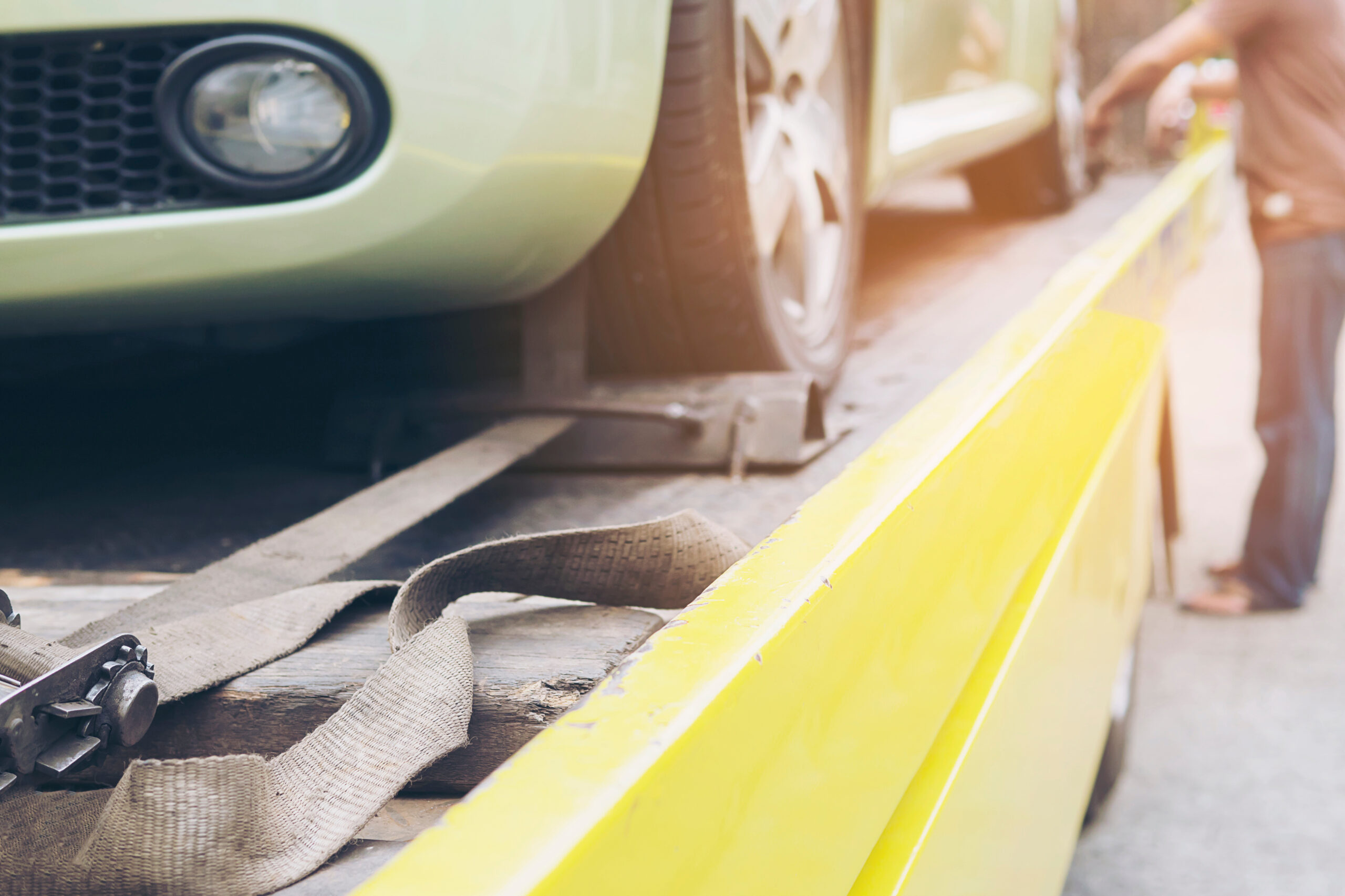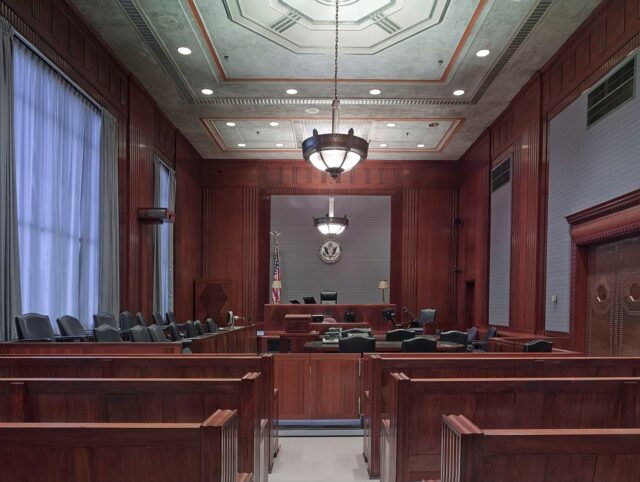When you are charged with Driving While Intoxicated (DWI) in Texas, you can expect your vehicle to be impounded by the police. If this occurs, you’ll have to take specific steps to reclaim it. Please continue reading as we explore what you should know about these matters and why connecting with a Dallas DWI Lawyer is in your best interest.
Can My Vehicle Be Impounded By the Police After a DWI?
If you are arrested for drunk driving in Texas, it’s important to know what could happen to your vehicle. Typically, there are three possibilities. The police might let you contact a friend or family member to retrieve your vehicle from the scene. Alternatively, if there is a sober passenger with a valid driver’s license present, they may be permitted to drive your car home.
However, in many cases, and often without the opportunity to arrange for its retrieval, the police will impound your vehicle directly after your arrest. This is a common practice as it ensures public safety and prevents further offenses.
Although the above scenarios are typical, it’s important to remember that police have the discretion to determine the most appropriate course of action regarding your vehicle. Law enforcement is expected to exercise reasonable judgment based on the unique circumstances of your DWI arrest. Factors that influence police decisions include your blood alcohol concentration (BAC), the availability of a sober motorist, the location and time of the arrest, and prior DWI offenses.
What Are the Penalties for a DWI in Texas?
In addition to the inconvenience and expense of having your vehicle impounded, you could face a wide range of other penalties. Upon a conviction, you may lose your driving privileges for up to one year, up to $2,000 in fines, and the potential for a 180-day jail sentence for a first-offense DWI.
You should note that aggravating circumstances such as having an exceptionally high BAC, a history of DWIs, causing an accident, refusing a breathalyzer test, or driving under the influence with a minor can result in more severe consequences. Subsequent DWI offenses will also result in enhanced penalties. This is because the court wants to deter repeat offenders.
As you can see, the immediate impoundment of your vehicle is a likely outcome of your DWI arrest. That said, it’s in your best interest to consult with a qualified attorney who can help you navigate your options. At Spangler Law, we can negotiate the terms of your vehicle’s release, potentially reducing the associated fees, and defend your charges. Connect with our firm today to learn how we can fight for you.



